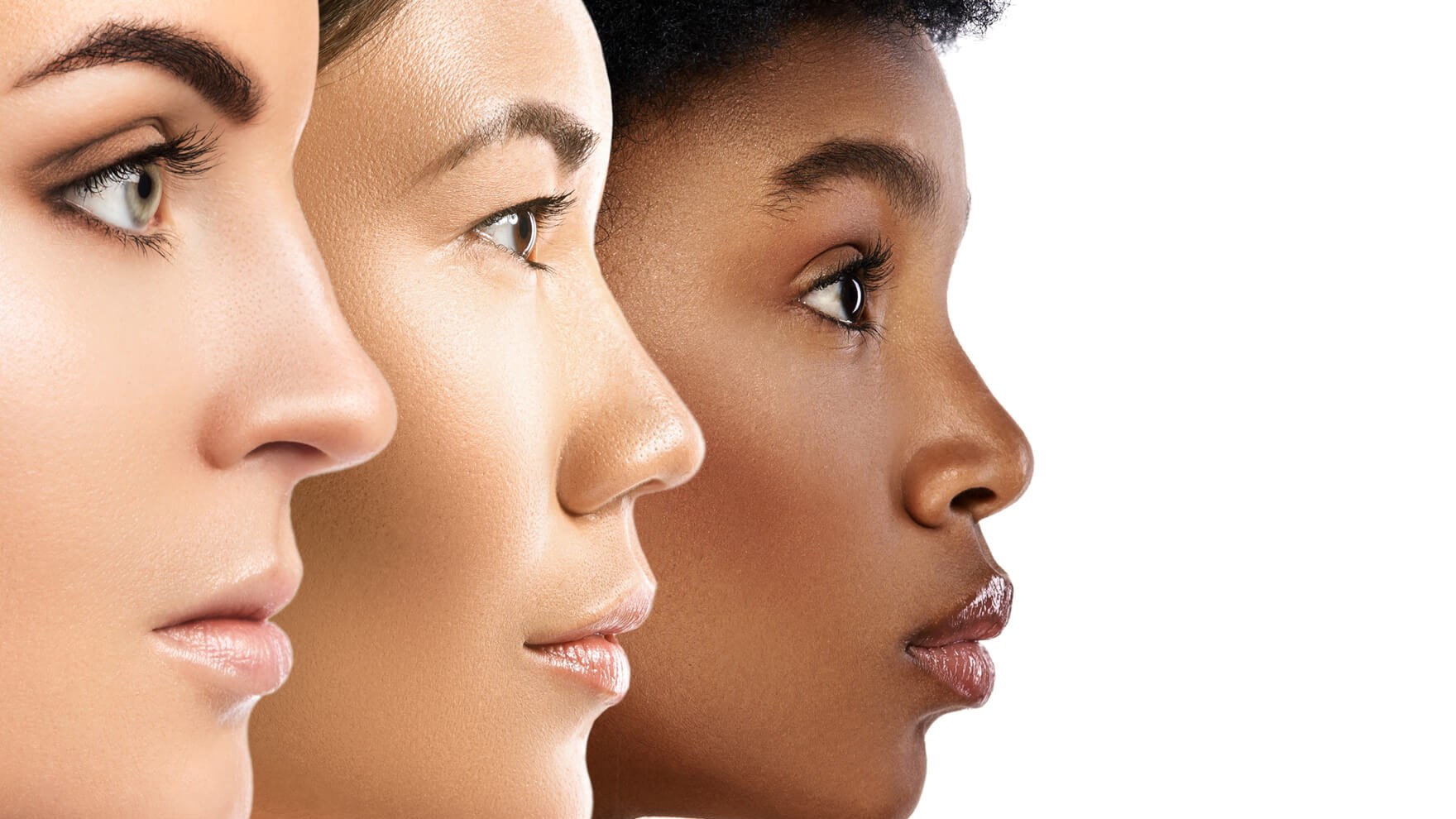Everything You Need to Know Before Going to Your First Dermatologist Appointment
&srotate=0)
Taking care of your skin is essential for maintaining good overall health and well-being. Whether you're dealing with a specific skin condition or simply want to improve your skin's appearance, a dermatologist can provide you with expert guidance and treatment options. If you're preparing for your first dermatologist appointment, here's everything you need to know to make the most of your visit.
1. Research and Choose a Dermatologist:
Start by finding a reputable dermatologist in your area. Ask for recommendations from friends, family, or your primary care physician. You can also check online directories and read reviews to find a dermatologist who specializes in your specific needs. Ensure that the dermatologist is board-certified and has experience treating conditions similar to yours.
2. Gather Relevant Information:
Nothing is worse than going to a doctor's appointment and remembering in the exam room that you forgot to take pictures or note everything you're using or have tried for your condition. Make your life easier and maximize your time by taking 5 minutes to snap quick pics of your routine. This helps doctors create a more effective treatment plan during each visit by really honing in on what works or doesn't for you, and analogously, less billable visits trying to figure it out.
So before your appointment, gather all relevant information about your medical history, previous skin treatments, and any medications you're currently taking. This includes over-the-counter creams, supplements, or prescription medications. The more information you provide, the better your dermatologist can assess your condition and recommend suitable treatment options.
3. Prepare a List of Questions:
Jot down any questions or concerns you have regarding your skin. This will help you remember everything you want to discuss during the appointment and again, maximizing your visit. Don't hesitate to ask about your specific condition, treatment options, potential side effects, and any lifestyle modifications that may benefit your skin health.
4. Be Prepared to Discuss Your Symptoms:
Your dermatologist will ask you detailed questions about your symptoms, including when they started, if they've worsened or improved, and any factors that seem to trigger or alleviate them. Be honest and open about your symptoms, even if they seem embarrassing. Dermatologists are professionals who have seen it all and are there to help you.
5. Wear Comfortable Clothing:
For a thorough examination, it's advisable to wear loose-fitting and comfortable clothing that allows easy access to the areas you want the dermatologist to examine. This may include shorts for a leg examination or a loose shirt for a back examination, depending on your specific concerns.
6. Expect a Full-Body Examination:
Dermatologists are trained to examine your entire body, not just the area of concern. This is done to check for any other skin issues you may not be aware of. Be prepared for a comprehensive examination and understand that it's part of ensuring your overall skin health.
7. Don't Be Afraid to Seek Clarification:
If your dermatologist explains something that you don't understand or uses medical jargon, don't hesitate to ask for clarification. It's essential that you fully understand your condition and the recommended treatment plan so you get the results you want. Everyone else in the exam room are not there to judge or disparage you but have a common goal of resolving your concern, so make sure you walk out of the room knowing exactly how to execute the plans at home.
8. Discuss Treatment Options:
Based on your examination, your dermatologist will discuss the available treatment options and recommend the most suitable one for your condition. This may include lifestyle changes, topical medications, oral medications, procedures, or a combination of treatments. Understand the benefits, risks, and potential side effects of each option to make an informed decision.
9. Follow Post-Appointment Instructions:
After your appointment, your dermatologist may provide you with specific instructions to follow. This could include using prescribed medications as directed, avoiding certain activities or products, or scheduling a follow-up appointment. Adhere to these instructions to ensure the best possible outcome. This day and age warrants a cell phone audio recording of post-care if you have to, so ask the doctor or medical assistant. Surely, they'd be happy to do it or alternatively provide written or accessible digital instructions.
10. Practice Good Skincare Habits:
In addition to any prescribed treatments, maintaining a good skincare routine is crucial for healthy skin. There's a lot of false information out there on the inter-web posing as a credible sources. So to reference tip #1 listed above, it's imperative you choose a provider who sees your condition commonly and that you trust. Remember, your first dermatologist appointment is an important step towards achieving healthier skin. Ask your dermatologist for recommendations on skincare products suitable for your skin type and any specific concerns you have. Protect your skin from the sun by wearing sunscreen daily and avoid excessive sun exposure. By being prepared, asking questions, and following your dermatologist's guidance, you'll be on your way to maintaining your best looking self.
Written by: Vanessa Phan Hegazy